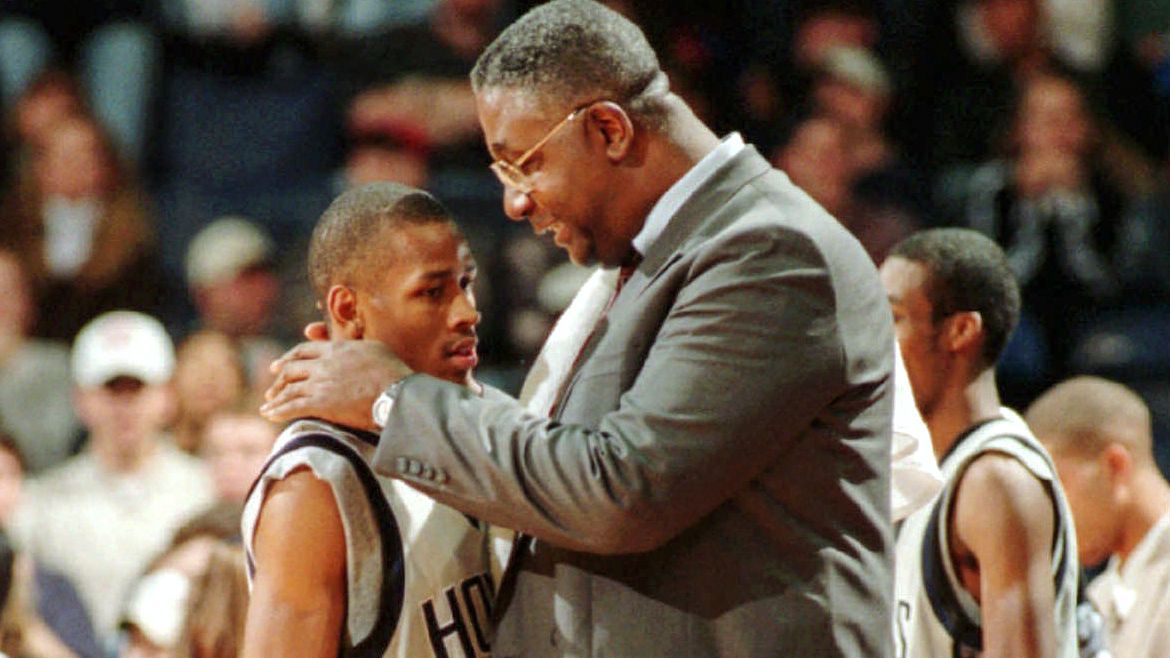The Human, Emotional Side of Coaching
“Great coaches implement simple, not because they are simpletons, but because simple works best & it frees up bandwidth that can be applied to the most dynamic aspect of coaching:
The Human, Emotional side.
It’s the smartest guys in the room who never actually impact anybody.”
-Ray Zingler on X
Coaching is like fractions in grade school, “break it down to its simplest form.”
Obviously, there are elements of chess involved whether that’s adjusting scheme to an opposing teams gameplan or dealing with a kid who might need a little more grace than another, but the stuff isn’t rocket science.
Many coaches like to make it appear to be rocket science, but that certainly isn’t for the kids.
They complicate things to sound smart on twitter or at a conference they’re presenting at so that people who don’t even care about them, might think they’re smart.
These people are looking for what’s called perceived validation and it’s very dumb.
Like Albert Einstein said, “Any darn fool can make something complex, but it takes a genius to make something simple.”
The greatest coaches in the world don’t simplify things because they are simple minded and lack knowledge, in fact the simplest coaches in the world are often the most intelligent.
They have forgotten more about their craft than the average wannabe knows.
And they have the knowledge and confidence to stick with what works and get rid of what doesn’t.
But why exactly do great coaches simplify?
It’s because they understand that coaching isn’t about the most erroneous defensive scheme that kids can’t even or understand or the most complex creation of “cluster” sets in a workout.
Coaching is about people.
And the more a coach can simplify the x’s and o’s of his or her craft, the more bandwidth they have to focus on the most critical, dynamic aspect of coaching, the people side.
Any kid with a relative understanding of the activity they are participating in has “enough” to grow and make progress within the craft. I don’t care if that’s baseball or strength training, and what is going to help them improve their performance more than anything is not getting their craft IQ to an 11/10.
What’s going to help get the most out of them is an emotionally engaged, empathetic coach who has the social and emotional skills to read the individual so that he or she can best serve the kid between the ears.
Because the art of coaching takes place between the ears.
Once you figure this out, the neck down stuff is easy.



